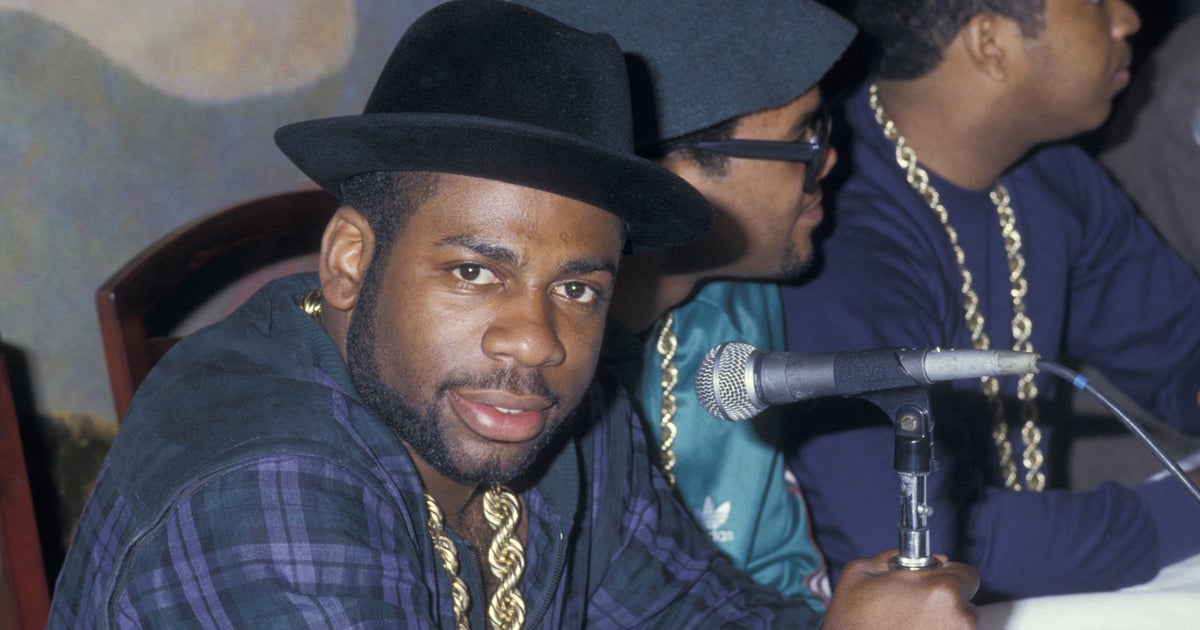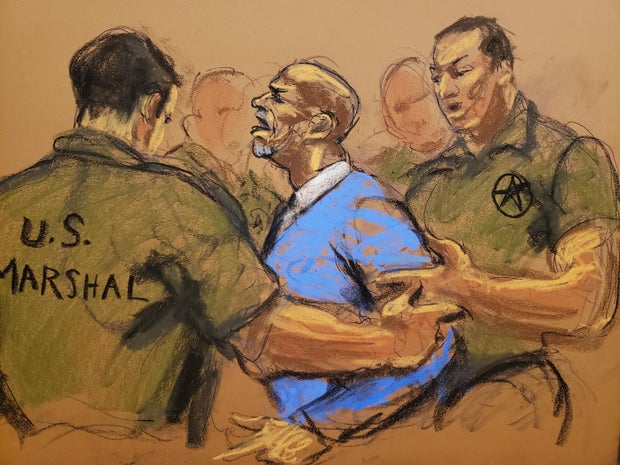NEW YORK — A guilty verdict was reached Tuesday in the murder trial for two men charged with killing Run-D.M.C. star Jam Master Jay.
The hip-hop icon, whose real name was Jason Mizell, was gunned down in 2002 inside his music studio in Hollis, Queens.
Prosecutors said Mizell’s godson, Karl Jordan Jr., and his childhood friend, Ronald Washington, killed the DJ after he cut them out of a cocaine trafficking deal.
While many celebrated the guilty verdict, others said justice came at a price.
The jury spent three days deliberating one of the most elusive murders in hip-hop history.
“Although it appeared the case would go cold, law enforcement never wavered in its effort to bring justice,” U.S. Attorney Breon Peace said. “It’s no mystery why it took so long. Witnesses were terrified that they would be retaliated against if they cooperated with law enforcement.”
Jane Rosenberg
Eyewitnesses testified that Jordan murdered Mizell inside his studio on Oct. 30, 2002, while childhood friend Washington guarded the door with a gun.
But the month-long trial revealed parts of Mizell’s life that the hip-hop icon tried to keep out of the public eye — mainly his role in trafficking cocaine. Prosecutors said when Mizell cut Jordan and Washington out of a deal to sell coke in Baltimore, they conspired to kill him, with the help of a third suspect, Jay Bryant.
When asked of justice came at a price, Mizell’s cousin, Ryan Thompson, said, “Yes. [I have] to answer yes because I didn’t know either until I was told. We wasn’t brought up like that. That’s not how we were raised.”
Defense attorneys called only one witness, a memory expert, who testified to the crux of their case — the only things connecting Jordan and Washington to Mizell’s murder were aging memories. The defense also tried to pin the murder on Bryant, the only suspect whose DNA was found in the studio — on a hat located beside Mizell’s body.
Jordan and Washington face 20 years to life in federal prison. Defense attorneys have already vowed to appeal the conviction.
While the death penalty is possible with these charges, U.S. Attorney General Merrick Garland last June directed Brooklyn federal prosecutors not to seek it.



